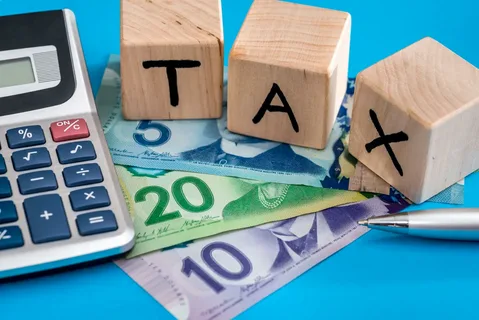Canada’s rental property market has witnessed significant growth in recent years. As more Canadians invest in real estate, it’s important to understand how rental income is tracked by the Canada Revenue Agency (CRA). This article will explore the methods CRA uses to identify undeclared rental income, the potential consequences of non-compliance, and tips to ensure you stay on the right side of the law.
Why Declaring Rental Income is Essential
Under Canadian tax laws, rental income is fully taxable. Whether you own a single rental unit or manage multiple properties, you are required to report this income on your annual tax return. Failure to do so can result in severe penalties, interest charges, or even legal action.
How Does CRA Know About Rental Income?
The CRA employs several methods to identify rental income, even when property owners fail to declare it. Here are the primary ways they track such income:
- Information Sharing Agreements
The CRA has partnerships with provincial and municipal authorities, allowing them access to property ownership and transaction records. These records help them identify properties that may generate rental income. - Data Matching Programs
The CRA uses sophisticated data-matching tools to cross-reference information from multiple sources, such as tax returns, property deeds, and public records. - Tenants Reporting Rent Payments
If tenants claim rental payments on their tax returns for deductions, the CRA may investigate whether the landlord has reported this income. - Audits and Investigations
The CRA conducts regular audits and investigations into taxpayers they suspect of underreporting rental income. This includes scrutinizing property ownership and rental listings. - Online Rental Platforms
With the rise of platforms like Airbnb, VRBO, and others, the CRA actively monitors these sites to identify short-term rental hosts. Hosts are required to declare all income earned through such platforms.
Penalties for Not Reporting Rental Income
If the CRA discovers that you have not reported rental income, you may face:
- Penalties and Interest: The CRA charges interest on unpaid taxes and imposes penalties for non-compliance.
- Fines: Depending on the severity, you could face fines ranging from thousands to tens of thousands of dollars.
- Legal Action: In extreme cases, the CRA may pursue legal action for tax evasion.
Tips to Stay Compliant
Staying compliant with CRA regulations is not just about avoiding penalties—it’s also about maintaining peace of mind. Here’s how you can ensure compliance:
- Keep Accurate Records
Maintain detailed records of all rental income and expenses. This includes lease agreements, rent receipts, and proof of expenses such as repairs or utilities. - Report All Income
Declare every dollar of rental income on your tax return, even for short-term rentals or partial property rentals. - Understand Deductible Expenses
Familiarize yourself with the expenses you can deduct from your rental income, such as mortgage interest, property taxes, and maintenance costs. - File Taxes on Time
Filing your taxes on time shows good faith and reduces the risk of penalties or interest charges. - Consult Professionals
Tax regulations can be complex, and mistakes are costly. Working with experienced tax professionals like Tax Headaches ensures accurate and compliant tax filings.
How Tax Headaches Can Help
Navigating the intricacies of rental income reporting can be daunting, especially for new landlords or those with multiple properties. That’s where Tax Headaches comes in.
At Tax Headaches, we specialize in helping property owners manage their rental income efficiently while staying fully compliant with CRA regulations. From record-keeping to tax filing, our team ensures you meet your obligations without unnecessary stress.
We offer personalized solutions tailored to your unique situation, helping you maximize deductions and minimize tax liabilities. Trust us to handle your tax challenges so you can focus on growing your investments.
Conclusion
Understanding how does cra know about rental income is crucial for property owners. By staying informed and compliant, you can avoid penalties and focus on the benefits of property ownership. Whether you’re just starting or are an experienced landlord, professional guidance can make all the difference.
Turn to Tax Headaches for expert advice and support in managing your rental income and taxes. Let us help you keep your financial affairs in order—because a worry-free tax season starts here.
